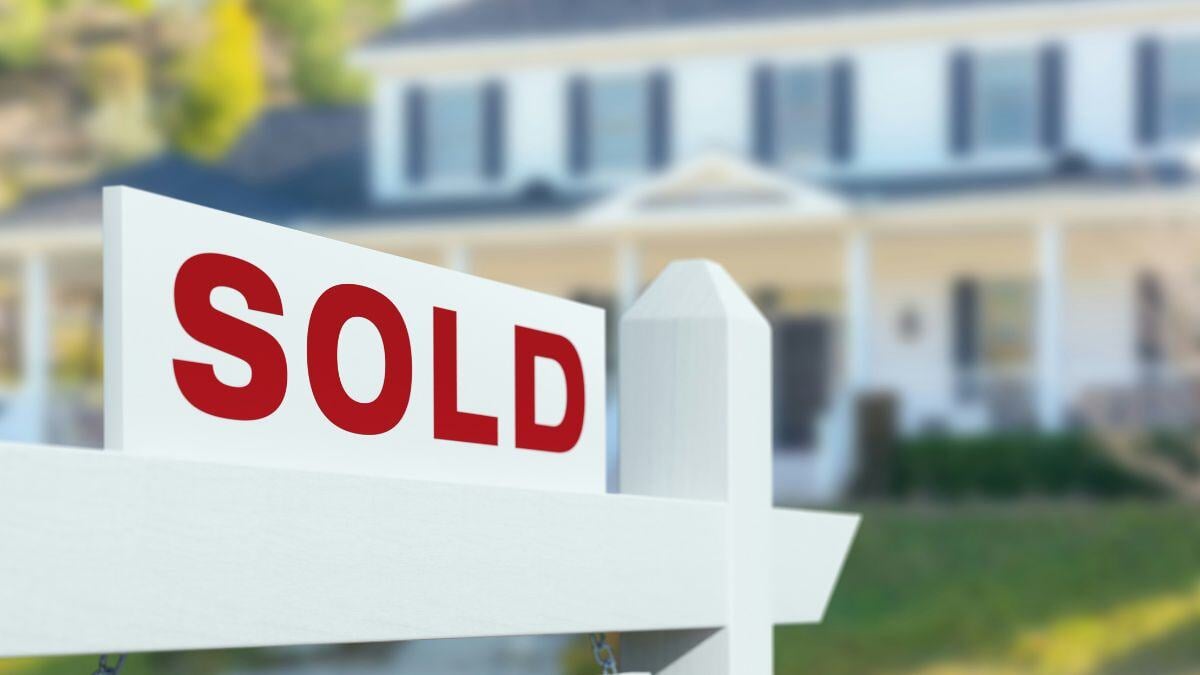The Earth is the Lord’s ... Including Our Money
Author: John Stonestreet and Jared Hayden

Author: John Stonestreet and Shane Morris
The fabled American dream once included a long list of items: a steady job, benefits, a spouse, a couple kids, an annual vacation, a car, and owning a home. For too many these days, achieving that last one is more of a nightmare.
Recently, CNBC reported that the average age of homebuyers in the U.S. is 56 years old. According to the National Association of Realtors, that’s up from an average age of 49 years old just last summer. Over the same period, the median age of first-time home buyers rose from 35 to 38, while the share of first-time buyers in the market fell from 32% to 24%, the lowest number in the four decades that the Association has kept records.
The median home price in America is $435,000—an increase of almost 40% since 2020. Adding insult to injury, the average interest rate for a fixed rate mortgage is more than double, and a typical downpayment is now equal to the median household income in America. As one lending director told CNBC, “In my two decades in the mortgage business, I’ve never seen a more difficult time for millennials to purchase a home.”
Home ownership is a worldview issue for a few reasons, especially because of the relationship it has in our context with starting and raising a family. America is currently facing the lowest rates of childbearing and some of the lowest rates of marriage on record. As the American Enterprise Institute’s Tim Carney recently noted, astronomical housing prices are one of many factors that make our society “family unfriendly.” Together with changing norms around parenting, travel sports, bad urban planning, the decline of marriage, and the emptying of churches, houses becoming a luxury good has unquestionably made family seem like less of an option.
An obvious issue, Carney suggested, is on the supply side, specifically the supply of “starter homes.” The median size of newly constructed homes in America has increased by 150% since 1980, even as the households living in those growing homes have shrunk. As Emily Badger explained in The New York Times, a major factor driving the disappearance of the starter home are the many government and local HOA restrictions and fees. In the context of supply chain and other aspects of inflation, Badger said,
[C]ommunities nationwide are far more prescriptive today than decades ago about what housing should look like and how big it must be. Some ban vinyl siding. Others require two-car garages. Nearly all make it difficult to build the kind of home that could sell for $200,000 today.
Any problem that is caused by a combination of culture, politics, and market forces is challenging to solve. A great first step is for more communities and more developers to prioritize family-friendly housing solutions. An example of this is the Manthei Group, a multigenerational, Christian-owned manufacturing company in Petoskey, Michigan. Their portfolio of divisions and companies is impressively diverse, from heavy construction to forest products to mobile home and RV resorts to real estate.
One of their newest projects is a manufactured home community in town called Pine Pond. The purpose of this handsome neighborhood, built on a former gravel pit, is to address the lack of starter homes in this rich, lakeside resort town. Specifically, the Mantheis want to help the service industry employees on which their community depends afford to live near their places of work. Homes in Pine Pond sell for as little as $170,000 which is a fraction of the cost per square-foot typical in that area. A rent-to-buy program assists residents save for a down payment, and the daycare center and classes on marriage, parenting, and finances help them build stable families.
Pine Pond is an experiment-in-progress. Not all the houses are built, but if it works, it could put rungs back on the ladder of homeownership. This kind of innovation, to build for the buyer and not just the bottom line, could go a long way toward making America family friendly again. It’s an example of the Church being the Church, of Christians asking, “what’s missing that we can contribute?”
Christians throughout history have seized similar opportunities, and God has rewarded their faithfulness. Like the Manthei Group in northern Michigan, Christians in all corners of culture are tackling problems with new approaches and old ideas. I pray they are successful because affording a home and filling it with family shouldn’t be a mere dream, American or otherwise.

Author: John Stonestreet and Jared Hayden

Authors: John Stonestreet and Shane Morris

Authors: John Stonestreet and Shane Morris